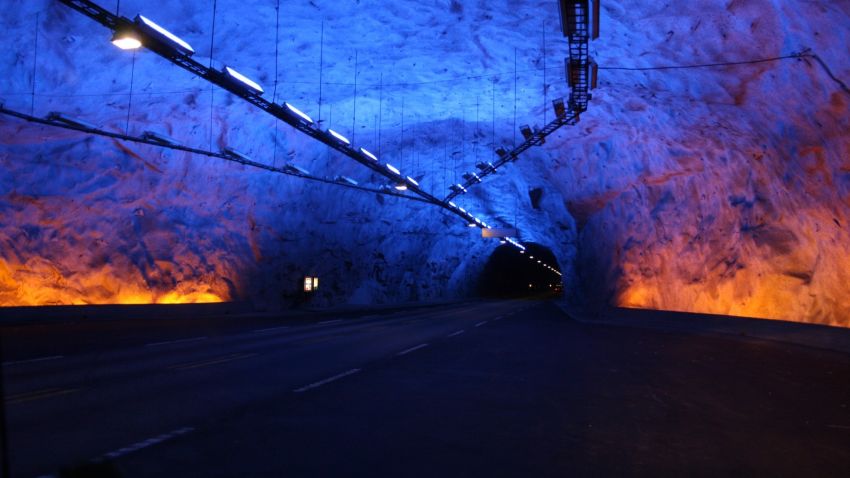Quiz: Float Like a Bullet Train
Quiz: Float Like a Bullet Train


Think you know how maglev trains work? Try this ASME quiz to find out.
Although the majority of high-speed rail trains utilize wheels on tracks, much like the average train, another high-speed technology is magnetic levitation, or maglev for short. As the name suggests, these trains float over the tracks and since they rarely come in contact with the track itself, there’s far less noise and vibration than traditional trains, making for a smoother, lower maintenance ride thanks to fewer moving parts.
There are a few proposed maglev train projects in the U.S., such as the Superconducting Magnetic Levitation (SCMAGLEV) Project that would connect Baltimore and Washington, D.C., but these have largely fallen into regulatory limbo. Meanwhile, Asian countries such as Japan, South Korea, and China have embraced the technology, with multiple maglev train lines in active use today.
Do you know how maglev trains work? See if your knowledge is on track with this ASME quiz.
There are a few proposed maglev train projects in the U.S., such as the Superconducting Magnetic Levitation (SCMAGLEV) Project that would connect Baltimore and Washington, D.C., but these have largely fallen into regulatory limbo. Meanwhile, Asian countries such as Japan, South Korea, and China have embraced the technology, with multiple maglev train lines in active use today.
Do you know how maglev trains work? See if your knowledge is on track with this ASME quiz.





